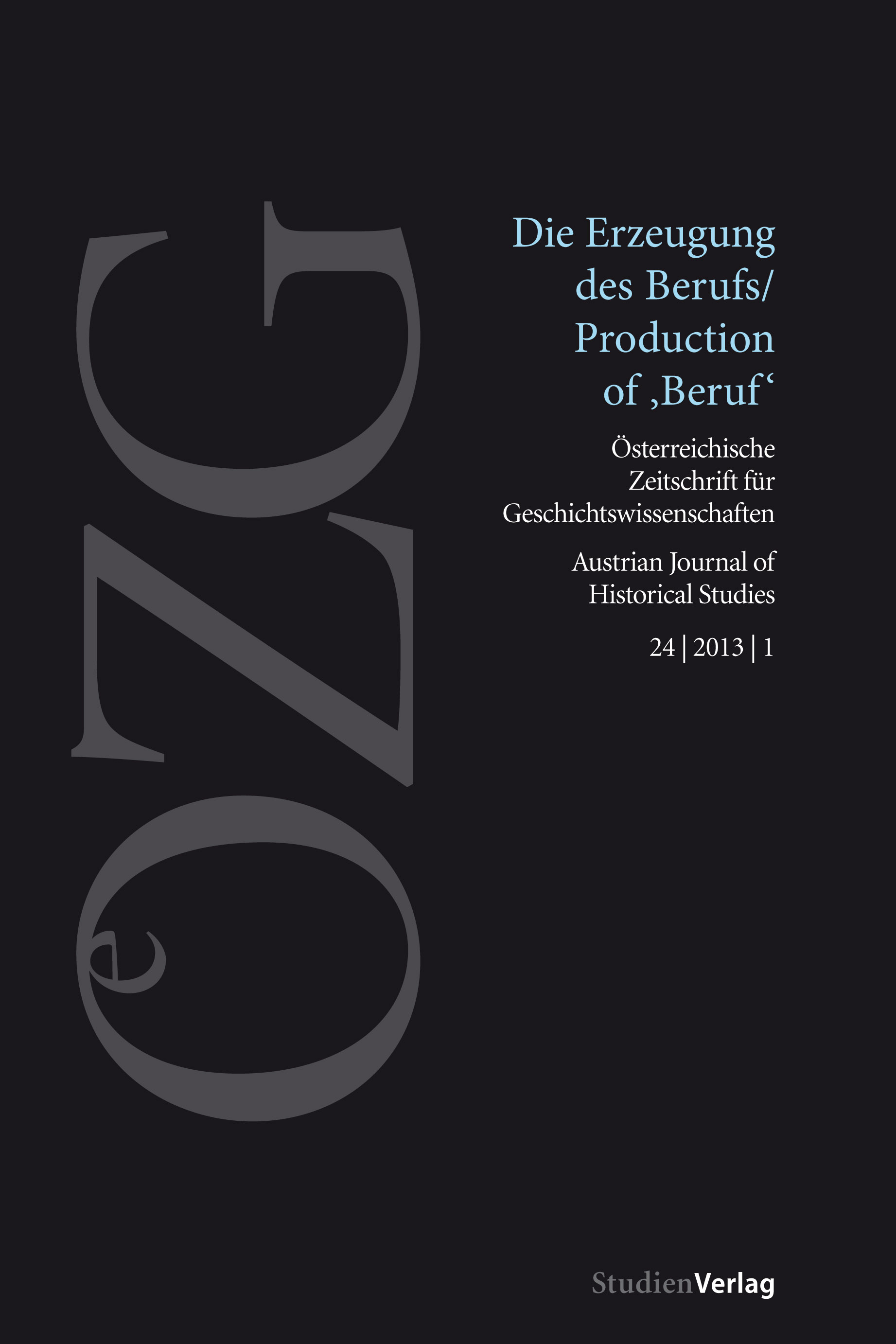New and Old Tendencies in Labour Mediation among Early Twentieth-Century U.S. and European Composers
An Outline of Applied Attitudes
DOI:
https://doi.org/10.25365/oezg-2013-24-1-7Keywords:
composers, 20th century, employment, vacation, film industry, patronage, foundationsAbstract
This paper presents strategies used by early twentieth-century composers in order to secure an income. In the wake of new economic realities, the Romantic legacy of the musician as creator was confronted by new expectations of his position within society. An analysis of written accounts by composers of various origins (British, German, French, Russian or American), including their artistic preferences and family backgrounds, reveals how they often resorted to jobs associated with musicianship such as conducting or teaching. In other cases, they willingly relied on patronage or actively sought new sources of employment offered by the nascent film industry and assorted foundations. Finally, composers also benefited from organized associations and leagues that campaigned for their professional recognition.


